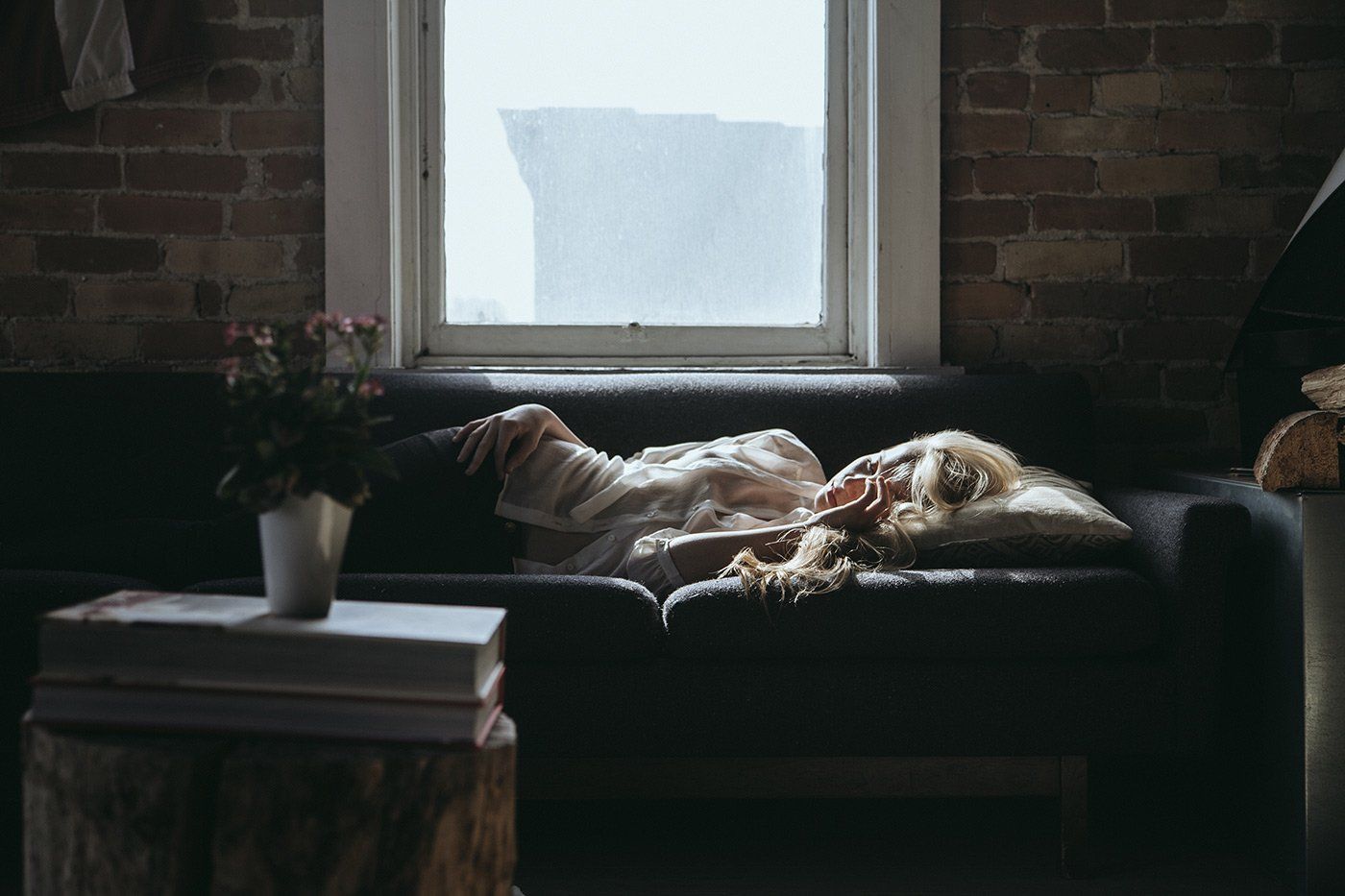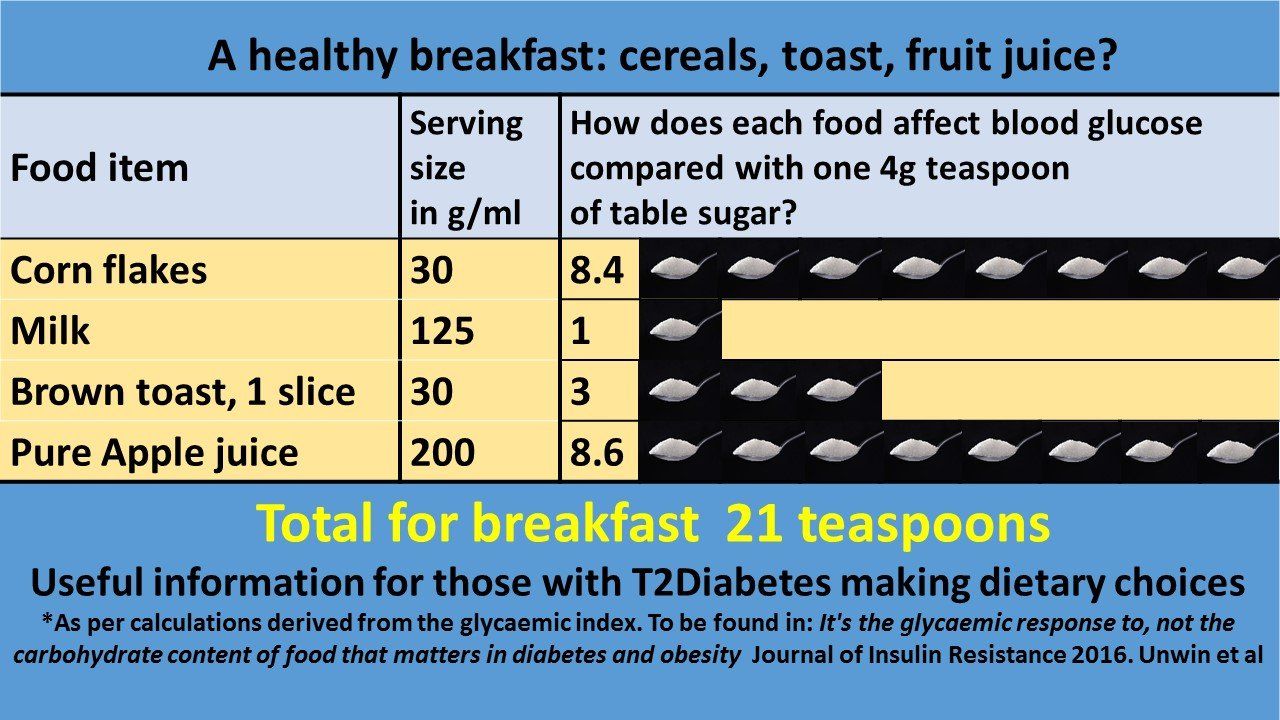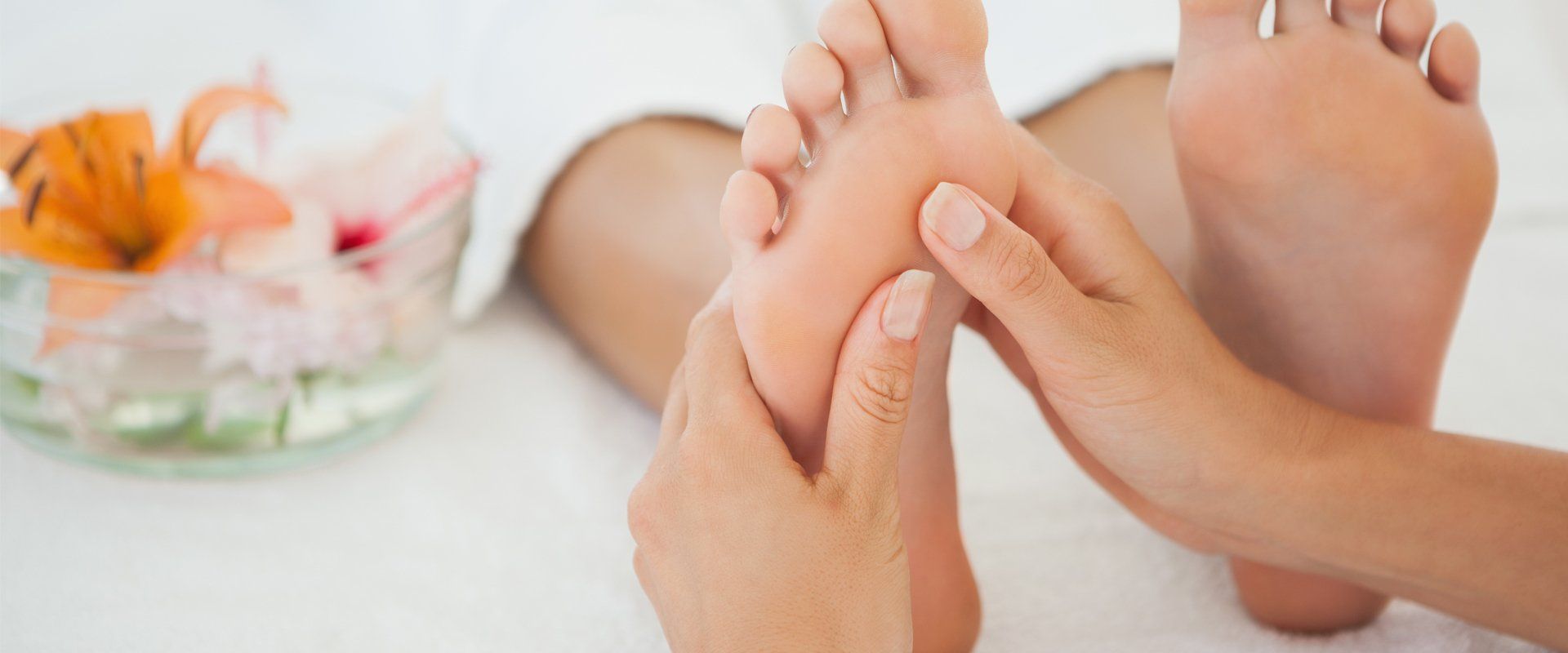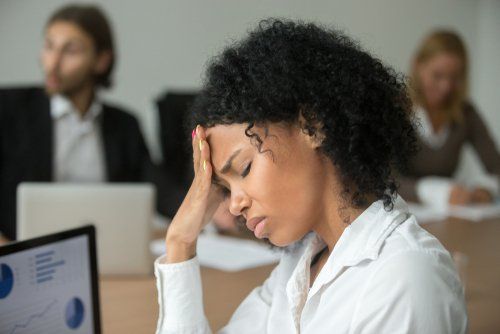Are You Getting Enough Sleep?
Hints And Tips

Sleep – Are you getting enough?
Many of us experience trouble sleeping at one time or another. Usually it’s due to stress, travel, illness or other temporary interruptions to our normal routine and can leave us feeling irritable and unproductive. Longer lasting sleep disruption however can have a much more significant effect on both our mental and physical health - leading to low mood and energy, memory problems, weight gain and can increase our risk of heart disease and diabetes and even shorten our life expectancy. It is clear therefore that a good night’s sleep is essential for a long and healthy life!
One in three of people in the UK suffer from problems sleeping resulting in 200,000 lost working days every year. Adults need between 7 and 9 hours sleep and those who sleep less than 6 hours a night have a 13% higher mortality risk than those that sleep for 7 hours. In addition, adults who sleep less than 7 hours a day are 30% more likely to be obese than those that sleep for 9 hours.
Sleep can be affected by a number of factors and not surprisingly patients experiencing musculoskeletal problems can find that pain impacts their ability to sleep which in turn can reduce their ability to manage their pain.
Tips to Beat Insomnia
Healthy sleep habits can make a big difference in the quality of your sleep. Here are some top tips to help you create good habits and help you get a restful night’s sleep and feel bright and healthy in the morning.
Get into a Routine
Try to go to sleep and get up at the same time every day – even at weekends. This will help to set your body’s internal clock and optimises the quality of your sleep.
Take time to Relax
Around half the UK population suffers from stress-induced sleep problems, so it’s vital you take the time to relax before you go to bed, whether it’s taking a warm bath, reading a book, or listening to soothing music. For some people, writing a to-do list before bed can help free your mind from worrying about all the things you need to do tomorrow.
Avoid technology
Ban your smart phone, computer and TV from your bedroom and avoid looking at them for an hour before bedtime. These kinds of devices emit a blue light, which has been shown to suppress the sleep hormone melatonin
Create a restful sleeping Environment
Make sure that your bed is comfortable and provides the correct support and ensure that your bedroom is cool, quiet and dark.
Don’t watch the clock
Worrying about not getting enough sleep can in itself stop us sleeping. If you can’t stop looking at the clock, then turn it around or put it on the other side of the room so that it’s not easy to watch time ticking away. If you still can’t sleep, then don’t lie there worrying about it, get up and do something you find relaxing until you feel sleepy again, and then go back to bed.
Try to avoid napping during the day
If you have a disturbed night’s sleep, then you may feel sleepy during the day. Even a short nap during the day can disturb your sleep at night. If you do have to have a short sleep, then make sure that you go to bed and set an alarm clock so that you don’t sleep for longer than 15 to 20 minutes maximum. If you find yourself dozing then try and get up and do something active like going for a short walk. Daylight or blue light from a computer may also increase your alertness during the day.
Foods to help with sleep
Eating a healthy, varied diet helps improve sleep generally, but some foods are particularly beneficial with regard to sleep in that they contain sleep promoting chemicals. These foods include almonds & walnuts, warm milk, chamomile tea, fruits such as tart cherries, kiwi fruits, bananas & pineapples, chicken & turkey and pumpkin seeds.
Foods to avoid
Avoid spicy foods, alcohol and large meals before bedtime. Cut down on caffeine in tea, coffee, energy drinks or colas, especially in the evening as caffeine interferes with the process of falling asleep and also prevents deep sleep.
Sugary foods in general are bad, as they can cause an energy spike, followed by a blood sugar crash which can affect your body clock.
Exercise regularly
Moderate exercise on a regular basis can help relieve some of the tension built up over the day. Make sure that you don’t exercise vigorously less than two hours before bedtime though, as this can keep you awake.
For more useful information visit the NHS Live Well site
https://www.nhs.uk/live-well/sleep-and-tiredness/why-lack-of-sleep-is-bad-for-your-health/
https://www.nhs.uk/live-well/sleep-and-tiredness/10-tips-to-beat-insomnia/









